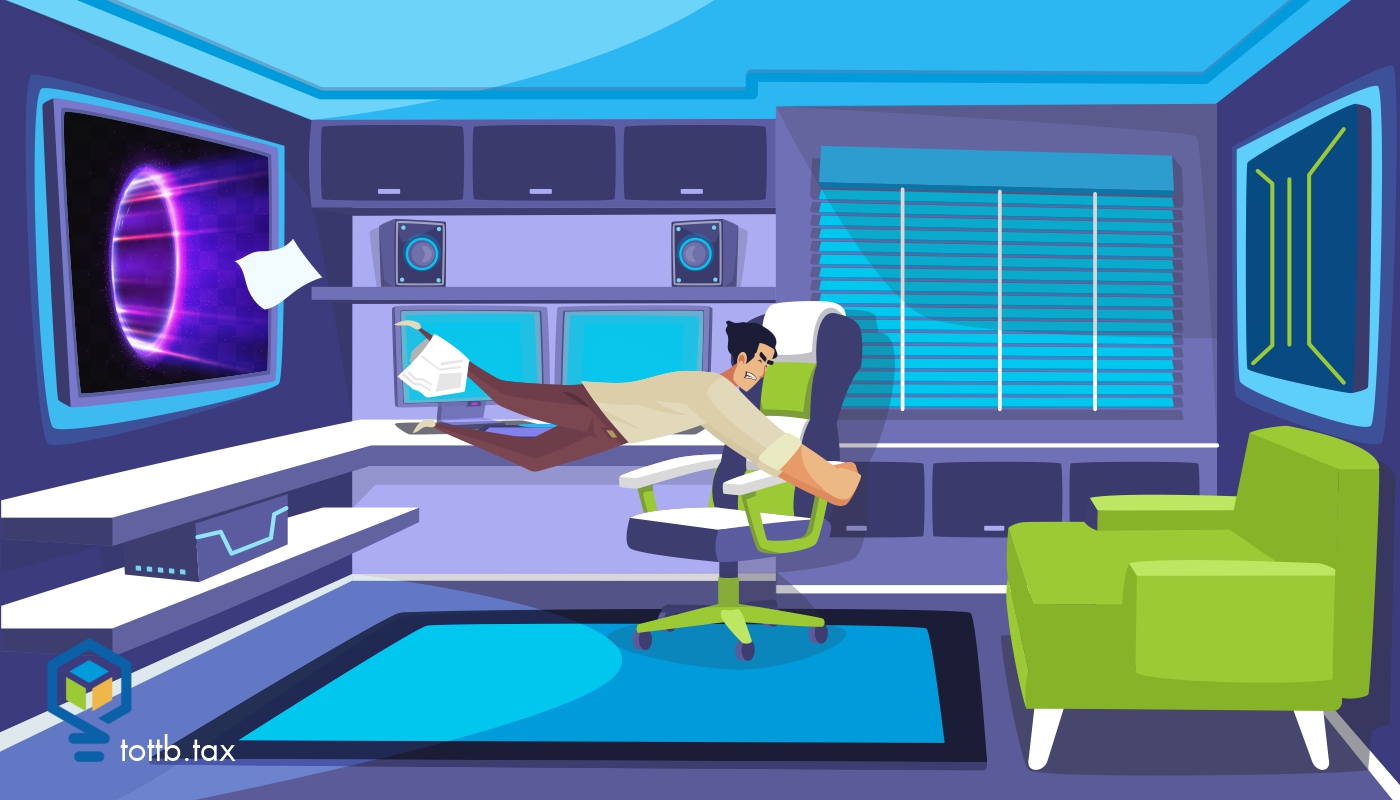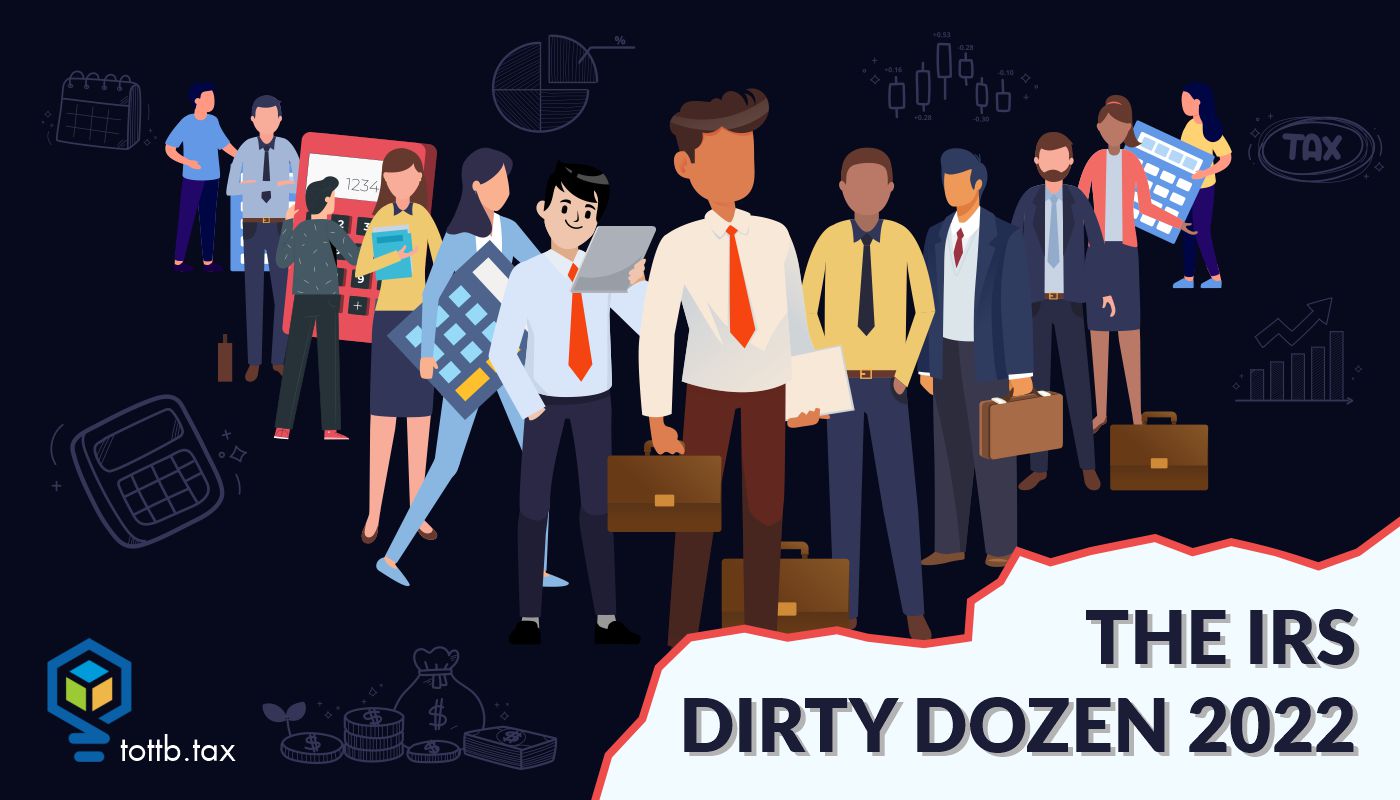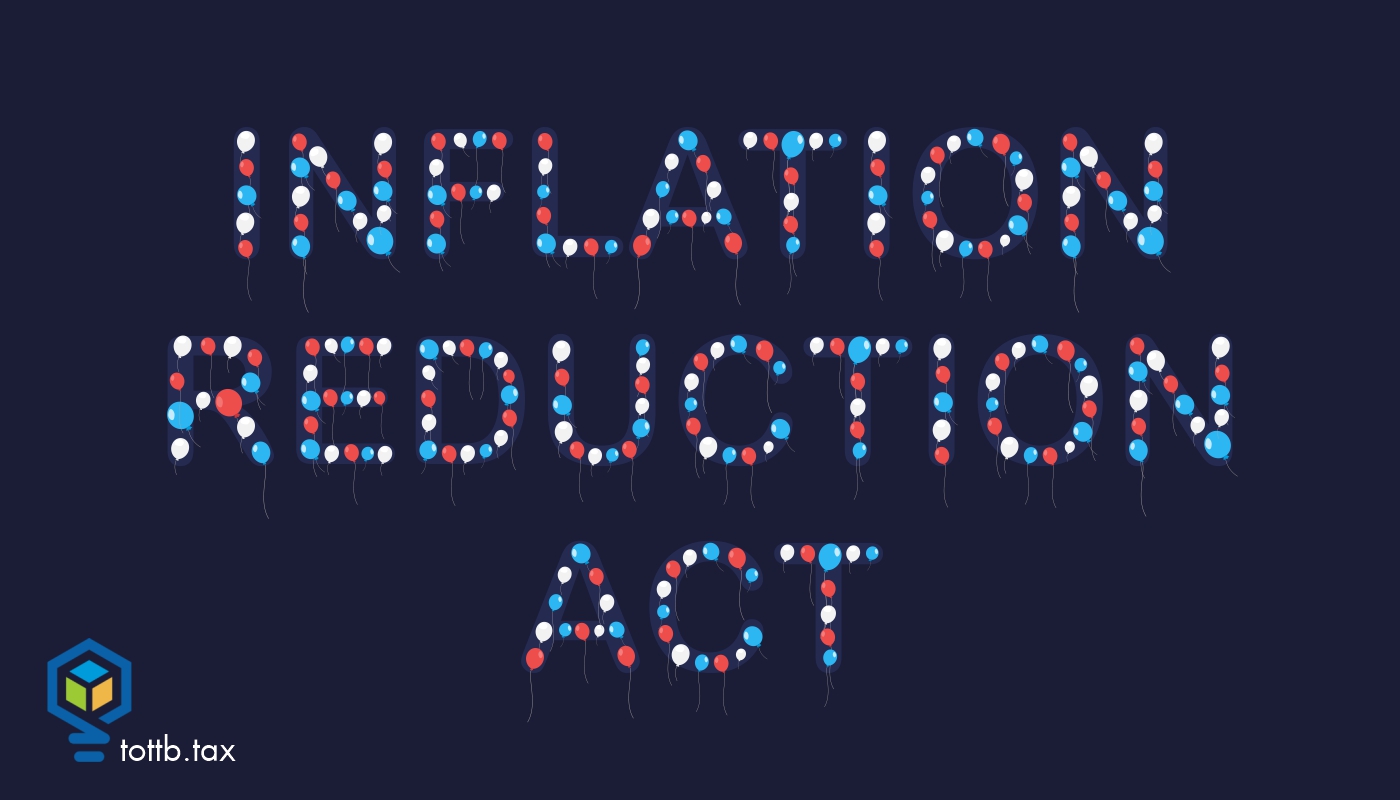CURRENT EDITION

Summertime Marketing in Your Tax & Accounting Firm
Tax season is prosperous, summer is dry until extension season. Do you find yourself in that cycle? Clients are “easy” to get during tax season when taxes are top of mind. Then the direct deposits go dry by June, and you are looking for what’s next. Stop the search, you don’t have to add another service. You need better marketing to highlight the service that you offer and specialize in. This will allow you to have a predictable client pipeline. You can do tax preparation, planning, and or representation all year long.
READ MOREJust Good Business – Review and Shop Your Financial Accounts
The fourth quarter just started and it's time to have your clients take a look at their financial services game plan. With interest rates approaching historic highs now is the time to review financial accounts to ensure high returns on cash investments, optimize reward-bearing accounts, and minimize interest paid and fees for financial products and accounts. The goal of this review is to ensure that investments and rewards programs are tuned for optimal results and to minimize interest and fees throughout next year. I won’t be providing much in the way of specific, prescriptive advice. I am not a registered investment advisor or a certified financial planner, nor do I recommend specific products, services, or institutions (other than a subscription to this publication). Rather, I will be providing a framework for the review, encouraging you to ask good questions about the goals for the various accounts, and reminding you to consider the big picture as well as the role each part plays in it. Let’s get started!
Read MoreHow to Avoid Losing Valuable Noncash Charitable Contributions
The rules for noncash charitable contributions defy easy summary. On the other hand, they are not rocket surgery. Moving on from the humor, if you want to sum them up in a sentence you can use Reilly’s Seventh Law of Tax Planning: Read the instructions. Specifically, you want to read the instructions to Form 8283 Noncash Charitable Contributions. There is, of course, more to it than that, but you will find a remarkable number of disallowed deductions from not following those instructions. To be fair, sometimes there are other shenanigans going on and the instruction failures are the easiest way for the IRS to attack. Nonetheless, there is nothing to say that the IRS will not use the precedents set in those cases on your client even though they are not trying to get away with anything. To get a simplified list of what to know and implement, continue reading.
Read MoreShould Your Practice Use a Client Portal?
You may know me as the “crypto guy” here at Think Outside the Tax Box. It might seem like that’s all I ever write about. But this time, I’m sneaking an article in while my editor is on vacation. Because I want to talk about using a client portal and why all tax professionals should be using one in their firms. Some firms may have dipped their toe into the digital waters out of necessity as a by-product of the pandemic. Others may have started the process long before Covid existed. According to a completely unscientific poll I ran on Twitter, 70 percent of firms are still processing returns at least partially on paper. This can mean either receiving paper documents from a client or delivering a hard copy of the completed return to the client. As the numbers from a Twitter survey are clearly biased toward firms already comfortable with digital technology, we can safely assume more accurate numbers are significantly higher. Since TOTTB refuses to provide me with a budget to run a full, comprehensive study, we’ll just have to run with my perfunctory data as well as published data from a poll Canopy conducted in 2021. Canopy surveyed more than a thousand small businesses and found that 63 percent admitted that their accountant did not offer any portal. More surprising, depending on whom you ask, is that more than two-thirds of respondents said they would be interested in switching to an accountant that allows them to use photos of their documents for easy sharing. While I’m not here to debate the issues of opening a gajillion .jpg files and how that might negatively affect my practice, the impact of using technology can improve your efficiencies, communications, and improve your workflow. To learn how, continue reading.
Read MoreThe Tax Lives of Performing Artists
Performing artists are everywhere. Whether you’re a fan or indifferent, they’re tough to ignore. They color our world with print, broadcast, and social media coverage. We have actors, musicians, newscasters, and podcasters performing live, streaming online, captured on film/radio/television, and just about everywhere in an expanding online universe. We celebrate their triumphs, empathize with their trials, feel shocked at their gaffes, and grieve for and with them. We may not think we have much in common with performers, but we do have one commonality: We’re all taxpayers! A performer’s life may seem glamorous, but it’s hard work and not always financially predictable. The tax lives of performers are complicated. They have income and expenses, but with many twists and peculiarities. Twists and peculiarities can make it both interesting and complex when navigating the Tax Code, but performing artists need tax reduction, too. Tony Nitti said, “It has to suck to make your living as an artist.” But paying taxes as an artist doesn’t have to suck when you have a great tax plan. To read more about the unique tax planning opportunities available to performing artists, continue reading.
Read MoreEthical Concerns in Using Tax Planning Software
Question: What are my ethical responsibilities when I use software to produce a tax plan? Answer: In the world of taxes, there are many ethical issues that can come into play. One area that involves judgment and expertise is when it comes to interpreting tax codes for various purposes such as taking deductions or understanding how ambiguous language might apply in certain situations – all while trying not to make any mistakes. To learn more about your ethical obligations, continue reading.
Read MoreReal Estate Developments Investments with Mineral Easements Option Course
This session will cover the basics of tax-efficient real estate strategies, specifically real estate development investments with a conservation easement option. The structure of each type of offering will be outlined in detail. The history of the laws addressing conservation easements will be discussed including an in-depth explanation on the current legislative landscape. Since the nature of each deal is driven by an underlying commodity, details outlining valuation and current market trends will be covered including the appraisal processes. Partnership voting will also be explained.
Read MoreWarning! Avoid the Latest “Dirty Dozen” Scams Identified By the IRS
Since at least 2001, the IRS has issued annual news releases warning taxpayers of scams they should be aware of and stay clear of. The release in 2001 included just eight scams but starting in 2002, the IRS expanded the list and dubbed these scams with the catchy moniker: the “Dirty Dozen.” In describing these lists, the IRS often warns taxpayers to “remain vigilant” against the scams, to not “fall prey” to them, and to “be on the lookout for” these dangerous activities. While the warnings seem to be directed to individual taxpayers, the lists sometimes include warnings of scams directed at return preparers and employers. Tax practitioners certainly need to be aware of these scams to exercise appropriate due diligence to know if any client is involved in a scam such as an abusive tax shelter, and to help educate clients about the numerous and growing number of scams many of which are designed to steal their personal and financial data and resources. This article covers the 2022 “Dirty Dozen” list. It also includes suggestions on how practitioners might use this information in tax compliance and planning and to help clients protect their identities and assets and avoid tax problems. Additional resources for dealing with the items on the list are provided. A chart listing the “Dirty Dozen” items from the start in 2001 through 2022 is included to show trends and the reality that some scams such as identity theft, phishing, return preparer fraud and frivolous tax arguments have made the list almost every year. Click here to continue reading.
Read MoreWhy Many Tax Pros Want a Stronger IRS
Early last month Adam Markowitz faced a storm of criticism over a tweet that suggested that people upset about increased IRS funding should maybe just be compliant. It got rather ugly. #TaxTwitter came to his defense despite some of us disagreeing with details of his tweet. All of my GOP friends who are worried about 87,000 IRS enforcement agents coming after the little guy... How about just don't cheat on tax returns? A fully truthful and accurate tax return is bulletproof in an audit. I never understood the fear of an IRS audit. Don't lie. Period. For somebody whose return has more than a few moving parts there is a lot of effort in putting together information for an audit. And there will usually be some things that can be viewed differently. Further you can sometimes catch the agent from hell. AFH is sure that your client is a crook and it will be hard to convince them they should go fight crime someplace else. With all that said many tax pros would still like an IRS that audits more, although they might want them to fix some other things first. To learn more about what is expected in the coming months, learn more here.
Read MoreNOT A MEMBER YET?

SUBSCRIBE TO GET ALL OF OUR
GREAT ARTICLES AND RESOURCES!
CURRENT EDITION

Summertime Marketing in Your Tax & Accounting Firm
Tax season is prosperous, summer is dry until extension season. Do you find yourself in that cycle? Clients are “easy” to get during tax season when taxes are top of mind. Then the direct deposits go dry by June, and you are looking for what’s next. Stop the search, you don’t have to add another service. You need better marketing to highlight the service that you offer and specialize in. This will allow you to have a predictable client pipeline. You can do tax preparation, planning, and or representation all year long.

Observations on the House-Passed OBBB
This article focuses on the OBBB from the House offering a variety of observations to help understand the range of changes, relevance to compliance and planning, process considerations and some unexpected provisions. While the final OBBB will not include all of the House provisions or will modify some of them, there are lessons to learn to understand the tax legislation process and results now and in the future.

Client Retention as a Prospecting Strategy: Turning Current Clients into Referral Sources
In the competitive accounting world, where trust and reliability are paramount, client retention is not just a success metric—it’s a vital strategy for sustainable growth. For Certified Public Accountants (CPAs), accountants, and bookkeepers, maintaining a solid relationship with existing clients can unlock new business opportunities, turning satisfied clients into powerful referral sources.









